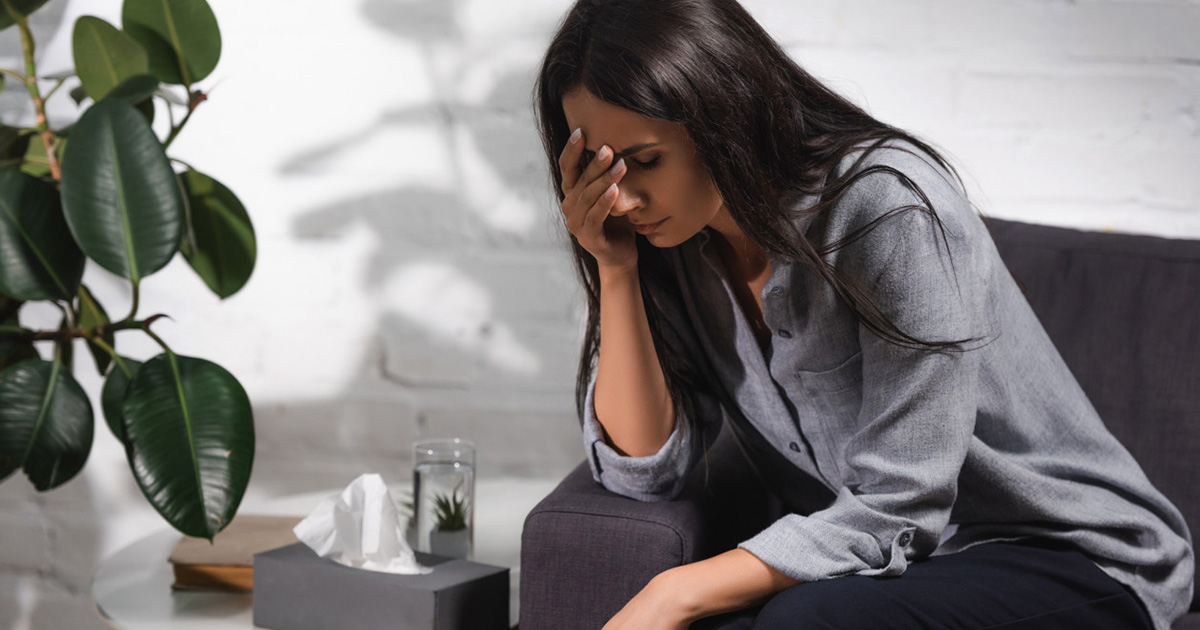Tips against loneliness for family caregivers during the corona crisis
Switzerland is once again in lockdown. For many family carers, this means being completely on their own again. When caring for relatives in particular, carers try to have as little contact as possible with children, grandchildren or friends, who pose an increased risk to the sick person. The fear of falling ill themselves or infecting relatives drives carers into isolation. They experience a heightened sense of loneliness.
There are ways and strategies to counteract this threat of loneliness and maintain as much normality as possible.

Step outside the door
Perhaps you have a small garden or a balcony? Even in times of corona, you can take a step outside with your sick relatives if they are able to get up. A few rays of sunshine, a look at the clouds or a shout from the neighbors over the garden fence can provide new impressions and generate positive energy.
Listen, answer questions and explain
Listen to your sick relatives calmly and try to answer their questions about corona and its effects. Patients often find it difficult to understand the complexity of the situation. They react with anger and annoyance. This makes it all the more important to show them that you understand their feelings and try to explain the reasons for the current contact restrictions. You can comfort and encourage them at the same time.
Knowledge can be a good help against loneliness.
The good old post
Writing letters has always been a very effective way to combat loneliness. The inventors of the "Give a letter" campaign had a great idea. Here, letter writers are asked to write small texts, send photos or children's drawings to a central office, which forwards them on. If the senior citizens are interested in becoming pen pals, they can reply to the sender, who leaves their address.(https://www.intergeneration.ch/de/projekte/schenk-einen-brief-corona-zeiten).
You can also simply get in touch with old friends or relatives by letter.
Family chat via the Internet
Today, there are already special devices for older people and those in need of care. Senior cell phones or tablets are even offered by care facilities. As a carer, you can talk, sing or play videos with your loved ones. It can even be possible to have dinner together if the tablet is at the table and you can take a look at each other's plates with children, grandchildren or friends. All relatives should call as often as possible to provide small distractions.
Getting help
Spitex providers can also provide some distraction and relief. The employees are well trained in the necessary coronavirus hygiene rules. In addition to care activities, they can also take on household tasks and ensure cleanliness or even help with cooking. Neighborhood help is also a good place to go these days.
-
Volunteer work is coordinated via the free app "Five up". Volunteers can offer their work on the platform and are brought together with people looking for help. The app has been supported by the Swiss Red Cross and the Swiss Charitable Society since 2019.
-
Ask neighbors directly for help or put up a note asking for help. Neighbors can often help buy something and leave it on the doorstep. In many communities, volunteers can sign up to run small errands and do the shopping.
-
The online platform hilf-jetzt.ch. offers a huge network of helpers. How it works: The zip code search offers helpers the opportunity to organize themselves. People who would like to help can find existing groups and neighborhood helpers in their area and join them. People looking for help can also enter their zip code and the platform will show them contacts of groups in their area that offer their help.
Supporting others through your own activity
Even if it is exhausting, giving creates a subjective sense of well-being. It can therefore also be a strategy against loneliness to support people in need of care according to their abilities and give them the feeling of being useful. If you feel able to access the help available during the coronavirus crisis, this can make things much easier and ensure greater satisfaction. Because the crisis also has one good thing: loneliness is suddenly an issue that affects many people and so there is more public discussion about how everyday care can be managed under these difficult conditions.


